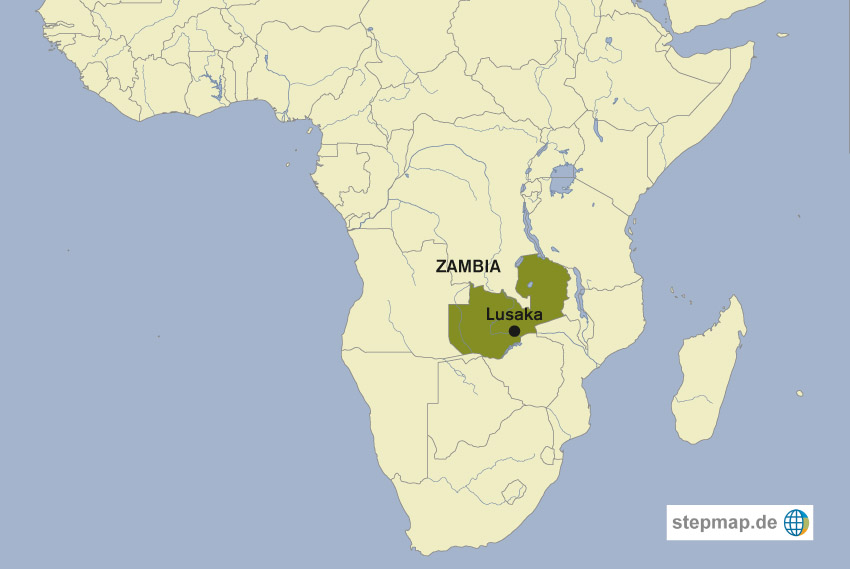Education
Hunger pushes children out of school

The number of school dropouts is increasing in Zimbabwe. World Vision, a Christian aid agency, has reported that in one province alone, 6,000 children have quit school due to hunger or because they must help their families with household or farm work.
In the past five years, Zimbabwe has suffered erratic rainfall, flash floods and long dry spells. Erratic weather has caused major losses for the small-scale farmers, who mostly grow maize. Many families’ food supply has been severely depleted. Schoolchildren are bearing the brunt of the shortages, experts say.
At the peak of the 2017 lean season, 4.1 million people were estimated to be food-insecure because of drought. In April, the World Food Programme (WFP) had to launch a $ 250-million programme to end hunger in Zimbabwe.
Undernutrition rates are high, especially in rural districts where diets lack diversity. People simply do not get the essential nutrients they need. According to WFP, the growth of more than a quarter of Zimbabwe’s children is stunted due to malnutrition.
Girls suffer in particular. Women’s-rights activists point out that families in fear of starvation make their daughters marry much older men. Jenni Williams, founding member of the Women of Zimbabwe Arise (WOZA), a non-governmental organisation, says: “Over 80 % of the school dropouts are girls.” World Vision similarly states that the impacts of drought on children include “early marriage and child labour”.
However, the Zimbabwean government claims it has taken measures to provide food to school children. It reports that 40,000 tonnes of grain were distributed to the schools’ feeding scheme in 2016. Lazarus Dokora, the minister for primary and secondary education, also said that the programme was not just a response to drought, but would become a permanent feature.
But to many school dropouts like Gwangwava, the minister’s remarks came as a surprise. “I haven’t seen any feeding at my former school,” says Gwangwava.
Jeffrey Moyo is a journalist and lives in Harare, Zimbabwe.
moyojeffrey@gmail.com
Link
World Vision:
http://www.wvi.org/zimbabwe













